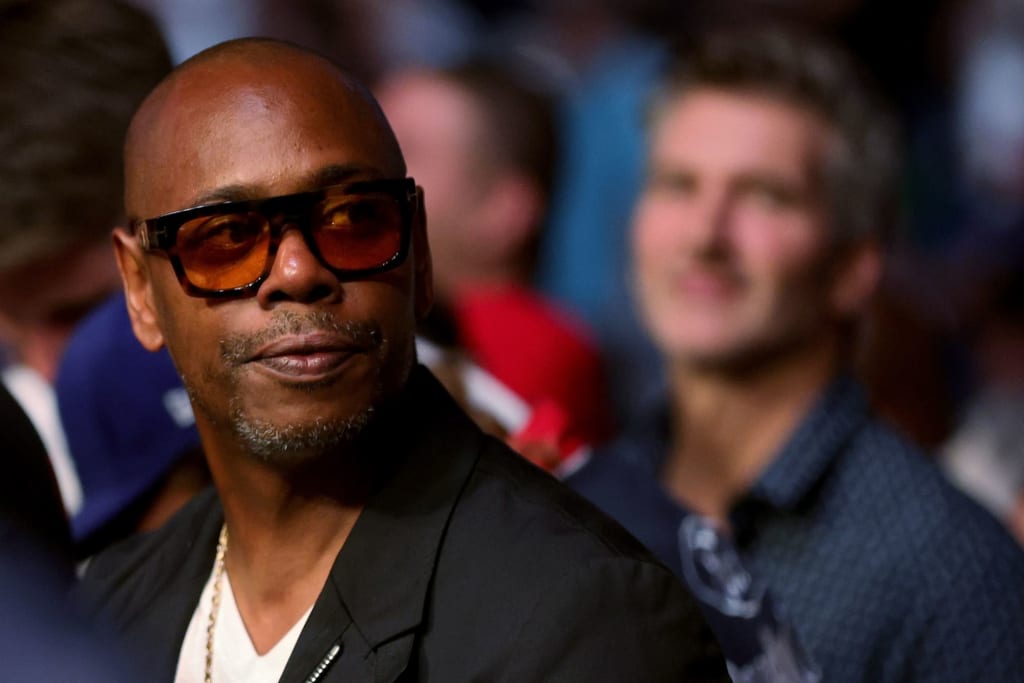Dave Chappelle’s latest comedy special, “The Closer,” has caused quite a stir with its controversial jokes about the LGBTQ+ community, and in particular, transgender people. While Chappelle has always been known for his edgy humor and willingness to tackle taboo subjects, his take on trans issues in this special has sparked a fierce debate about the line between comedy and harmful rhetoric.
In the special, Chappelle talks about his close friendship with a trans woman named Daphne, who he credits with teaching him about the struggles faced by the transgender community. He also acknowledges the high rates of violence and suicide among trans people, and expresses his support for their rights to live authentically.
However, Chappelle’s message is somewhat overshadowed by his jokes and language that many critics have deemed offensive and transphobic. He repeatedly misgenders Caitlyn Jenner and makes light of the violence faced by trans women. He also uses derogatory language to describe transgender people, which has led many to classify his humor as harmful and hateful.
One of the main criticisms of Chappelle’s special is that it perpetuates harmful stereotypes and contributes to a culture of transphobia. By using derogatory language and making jokes at the expense of transgender people, Chappelle reinforces harmful beliefs and attitudes that can have real-world consequences for the LGBTQ+ community.
On the other hand, some defenders of Chappelle argue that comedy should be allowed to push boundaries and make people uncomfortable. They believe that Chappelle’s jokes are meant to provoke thought and challenge societal norms, rather than perpetuate hate. They also point to Chappelle’s own personal experiences and relationships with transgender individuals as evidence that he is not intentionally trying to harm the community.
Ultimately, the debate over Chappelle’s comedy special raises important questions about the line between freedom of speech and responsibility. While comedians have a right to express themselves and tackle controversial subjects, they also have a responsibility to consider the impact of their words and the message they are sending to their audience.
In the case of “The Closer,” it is clear that while Chappelle may have had good intentions in sharing his experiences with the transgender community, his jokes and language have crossed a line for many viewers. It is important for comedians and entertainers to be mindful of the impact of their words and to think critically about the messages they are sending, especially when it comes to marginalized communities like the transgender community.
In conclusion, Dave Chappelle’s comedy special “The Closer” has reignited the conversation about transphobia in society and in the entertainment industry. While Chappelle’s humor may have sparked controversy and debate, it has also brought attention to important issues facing the transgender community. It is important for all of us to continue to educate ourselves, challenge harmful beliefs, and advocate for the rights and dignity of all individuals, regardless of gender identity.
